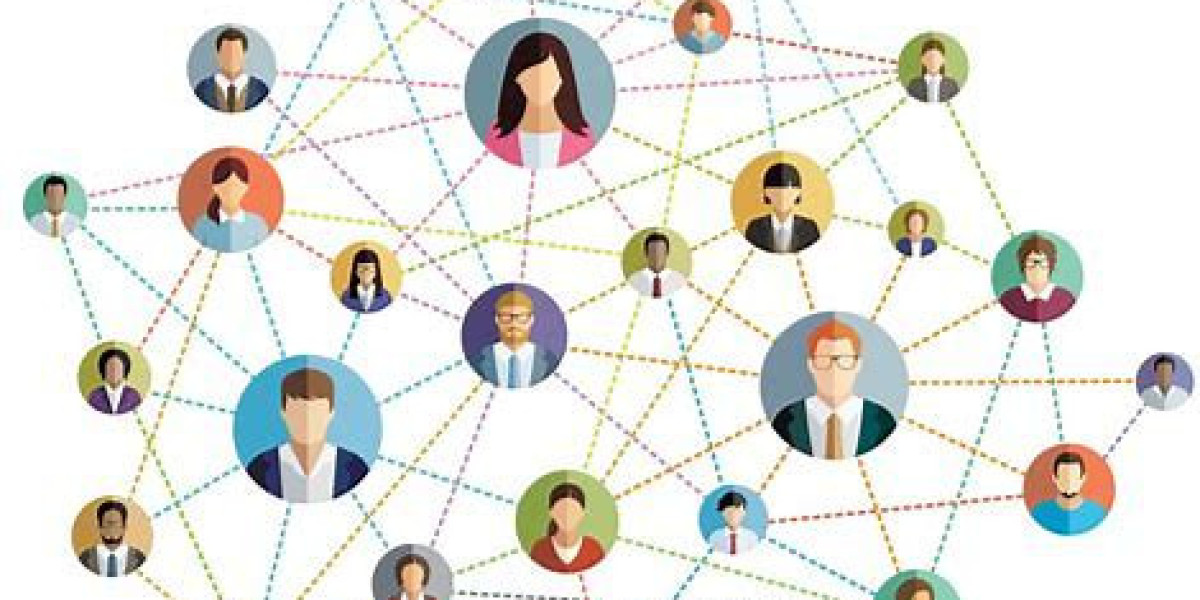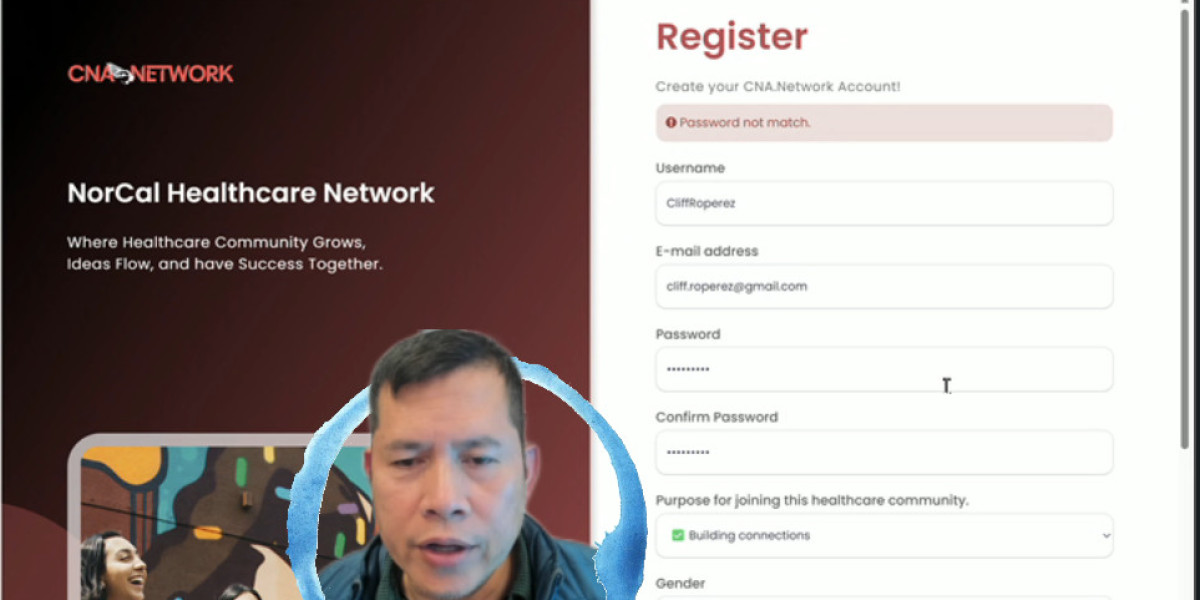The healthcare industry is undergoing a digital transformation like never before. From electronic health records and telemedicine to AI-driven diagnostics and custom IoT solutions, healthcare providers are increasingly turning to technology to streamline operations and improve patient care. To meet the rising demand for scalable, secure, and innovative healthcare applications, organizations are opting to hire dedicated developers globally.
This shift is not just about cost—it’s also about gaining access to specialized talent, increasing development speed, and leveraging flexible engagement models. Let’s explore why this trend is gaining momentum and how healthcare firms are managing it effectively.
Rising Demand for Health Tech Solutions
In recent years, the need for robust digital healthcare platforms has surged. The pandemic accelerated the adoption of digital health tools like:
Virtual consultations
Remote patient monitoring
Mobile health apps
AI-driven triage systems
Predictive analytics for patient data
Building these solutions requires deep expertise in mobile development, data security, user experience, and compliance with industry standards such as HIPAA, GDPR, and HL7. Rather than trying to develop everything in-house, companies now hire dedicated developers to bring specific skills into their teams and scale efficiently.
Why Hire Dedicated Developers in Healthcare?
Hiring dedicated developers allows healthcare companies to create specialized, reliable, and scalable platforms while optimizing costs and timelines. Here's why it works:
1. Access to Specialized Talent
The tech stack used in modern healthcare apps is vast—ranging from AI, cloud computing, and blockchain to integrations with custom IoT solutions like wearable devices and smart monitoring systems. A dedicated developer or team with healthcare-specific experience can jump into projects faster with minimal ramp-up time.
Global hiring opens up access to a broader pool of developers who already understand health tech challenges—saving organizations time on training and compliance onboarding.
2. Cost-Effective Resource Allocation
Hiring full-time, in-house developers can be costly, especially in regions like North America or Western Europe. Offshore or nearshore dedicated developers offer competitive rates without compromising on quality.
Moreover, companies only pay for the resources they need. Whether it's a single backend developer or an entire cross-functional team, dedicated models are scalable and cost-efficient, making them ideal for both startups and large health systems.
3. Faster Development Cycles
By choosing to hire dedicated developers, healthcare firms can parallelize development efforts, implement agile sprints, and release features faster. Dedicated teams are typically committed to one project at a time, ensuring focused development and quicker iterations.
In a fast-moving healthcare environment, being first to market with an innovative app or digital platform can be a major advantage.
Managing Remote Teams in the Healthcare Sector
As more healthcare companies embrace global tech partnerships, one crucial challenge emerges: Managing Remote Teams effectively. Without proper collaboration tools, communication processes, and data security practices, working with offshore developers can quickly become inefficient or risky.
1. Secure Collaboration
In healthcare, data privacy is paramount. When working with remote developers, companies must establish strict protocols for handling patient data and using secure development environments. Confidentiality agreements, encrypted communication tools, and secure version control systems are essential.
Many global development teams are well-versed in security frameworks and compliant coding practices, especially if they specialize in healthcare. This ensures that remote collaboration doesn’t compromise data integrity or legal compliance.
2. Clear Communication Structures
Time zone differences can affect delivery timelines and responsiveness. Effective Managing Remote Teams involves overlapping working hours, using project management tools (like Jira or Trello), and holding regular video standups or sprint reviews.
Clear documentation, transparent timelines, and real-time collaboration tools help bridge the communication gap and ensure alignment across distributed teams.
3. Cultural and Workflow Alignment
Healthcare is a sensitive and regulated domain. Remote developers must be aligned not just on a technical level, but also on ethical standards, patient-first design principles, and regulatory expectations.
When organizations hire dedicated developers, it's critical to onboard them with contextual knowledge about the healthcare system they’re building for. Whether it's understanding local insurance models or clinical workflows, developers need exposure to the unique challenges of healthcare environments.
The Role of IoT in Healthcare and Why Dedicated Developers Matter
Custom IoT solutions—such as wearable sensors, connected medical devices, and smart hospital systems—are changing the way care is delivered and monitored. But building reliable and safe IoT-based healthcare applications requires precision, testing, and a deep understanding of real-time data processing.
Dedicated IoT developers can help healthcare organizations design:
Remote patient monitoring dashboards
Data visualization tools for clinicians
Alert systems for emergencies
Integration layers with EHR systems
When organizations hire dedicated developers who specialize in IoT, they gain critical technical support to ensure that these systems work flawlessly under real-world medical conditions.
Real-World Use Cases
1. Telemedicine Platforms
Many healthcare startups are working with dedicated development teams to build secure video consultation platforms with appointment scheduling, e-prescriptions, and real-time medical record sharing.
2. Health Monitoring Apps
Apps that sync with smartwatches and health trackers need backend developers, API specialists, and mobile UI designers—roles ideally filled by dedicated remote developers working in sync.
3. AI Diagnostics and Data Analytics
Predictive healthcare analytics, powered by machine learning algorithms, rely on dedicated developers trained in data science and cloud architecture. These developers help automate diagnosis, flag risks, and deliver insights to care providers in real-time.
Future Outlook: Dedicated Development as a Strategic Asset
As the healthcare industry continues to embrace technology, dedicated developers will play a pivotal role in shaping future-ready solutions. With challenges like aging populations, staffing shortages, and rising healthcare costs, technology becomes the bridge to better care delivery.
Healthcare leaders who hire dedicated developers today are future-proofing their operations—ensuring access to the latest technologies, agile development capabilities, and long-term scalability.
By investing in global tech talent and mastering the art of Managing Remote Teams, they are building more resilient, responsive, and innovative healthcare ecosystems.
Final Thoughts
Digital transformation in healthcare is no longer optional—it's essential. To meet this challenge, many organizations are choosing to hire dedicated developers who bring both technical expertise and adaptability to rapidly evolving demands. By managing remote collaboration effectively and integrating cutting-edge tools like custom IoT solutions, healthcare companies are not only surviving but thriving in this new digital-first era.







